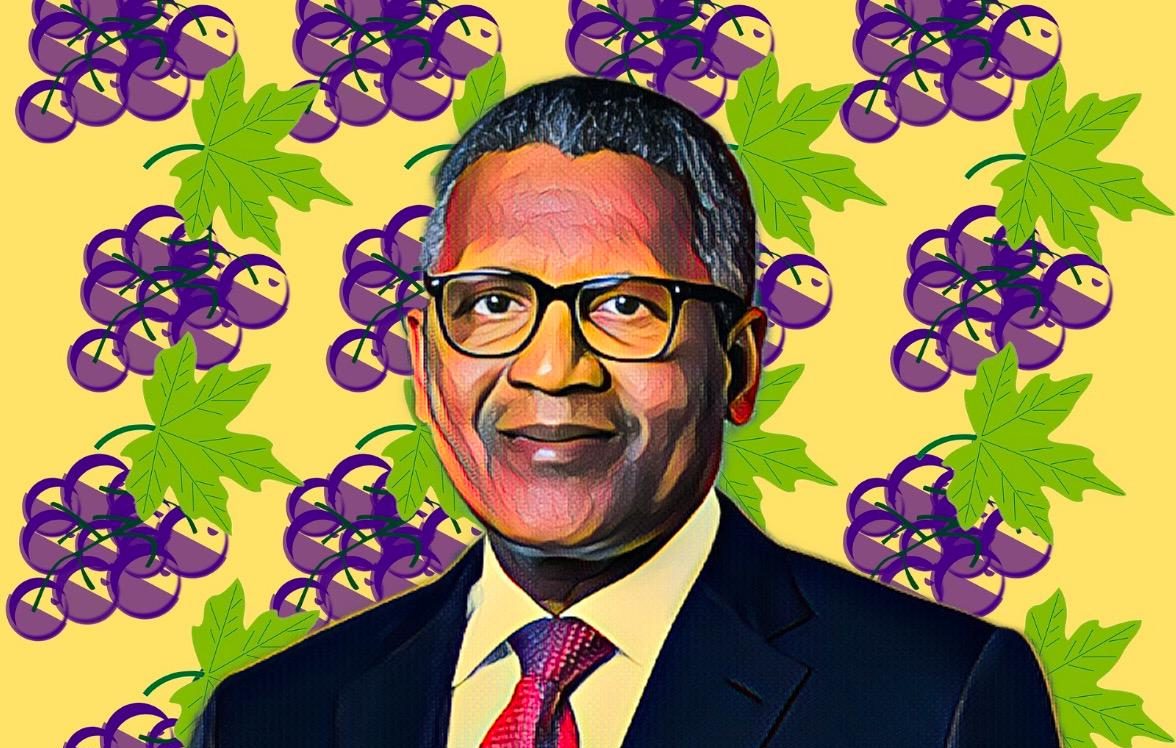Africa’s richest man Aliko Dangote’s refinery boosts gasoil exports in West Africa

Key Points:
- Dangote Oil Refinery is increasing gasoil exports in West Africa, outpacing European refiners due to proximity and logistical advantages.
- Technical issues led to a shift in production, resulting in exports of lower-sulfur gasoil from the $20.5 billion Dangote facility.
- Despite challenges, Dangote Refinery is committed to meeting the 10 ppm gasoil standard within two weeks, says executive Davakumar Edwin.
Dangote Oil Refinery, owned by Africa’s wealthiest billionaire Aliko Dangote, is significantly increasing gasoil exports in the West African market, outpacing European refiners in securing buyers. Leveraging its proximity and logistical advantages, the refinery is expanding its influence in neighboring markets.
Technical issues with units essential for processing crude oil into cleaner fuels led to a strategic shift in production, resulting in the export of lower-sulfur gasoil. The $20.5 billion facility is now disrupting traditional supply chains while awaiting the restart of specific units needed for cleaner fuel production.
Commitment to cleaner standards
Despite these challenges, Davakumar Edwin, an executive at the refinery, expressed optimism about achieving new standards. “We have commissioned the equipment and it will be done within two weeks,” he said, affirming their commitment to gradually meet the 10 ppm gasoil standard.
Domestically, the refinery has faced disputes with local fuel retailers over fuel quality. Nigeria’s 2021 oil law mandates a 50 ppm sulfur content, but regulators allowed gasoil with above 200 ppm to be sold locally until June.
With European countries tightening regulations on high-sulfur gasoil exports, the refinery has found a viable market in regions with lenient motor fuel standards, where sulfur content ranges from 800 to 1,300 ppm.
A leap forward for Nigerian industry
Located on the outskirts of Lagos, the Dangote Petrochemical Complex marks a significant step forward for Nigerian industrial development. The complex includes a 1-million-metric-tonne-per-year polypropylene plant and two of Africa’s largest fertilizer trains, boasting a combined annual capacity of 3 million tonnes of urea.
The Dangote Oil Refinery emphasizes environmental responsibility by implementing a closed-loop process water system, generating 50MW of power from waste heat, and producing cleaner Euro-V standard fuels. Additionally, advanced carbon capture technologies minimize CO2 emissions, mitigating the environmental impact of crude oil transportation.
The refinery’s entry into the market is a significant development for West Africa’s energy sector, underscoring a broader trend of increasing refining capacity within Africa. Dangote’s ambitious plans to expand production are likely to reshape the region’s fuel market in the coming years.